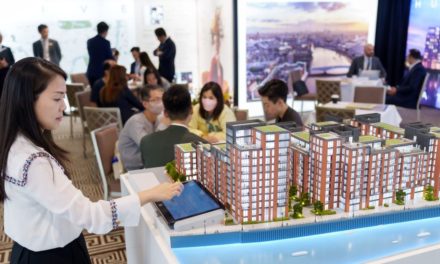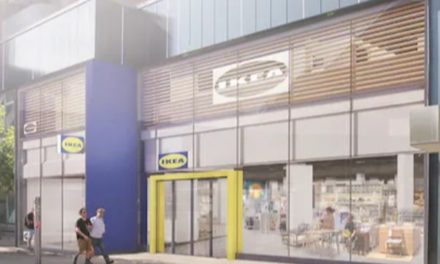Hounslow Council has revealed significant progress on its pathway towards net zero.
The latest data reveals a ten per cent reduction in the Council’s carbon footprint since 2018, with an eight per cent reduction in council-controlled operations seen in the last year alone.
The Council declared a climate emergency in 2019 and adopted a Climate Emergency Action Plan in 2020, which committed to reducing its organisational footprint to net zero by 2030. A further emissions reduction target of 50 per cent by 2026 was also set in place.
Since the plan’s adoption, key projects have enhanced renewable electricity generation and delivered extensive retrofit to decarbonise council buildings and schools.
Successes include the Council generating nearly 4000kW of renewable energy (by installing Solar PV at 48 sites) and a retrofit of 32 schools and 29 corporate buildings to save a combined 17.5m kilowatts of electricity annually. Further funding of £2.1m has also been secured to retrofit six council buildings and schools.
The Council has also taken measures to ‘green’ its fleet of vehicles through its Fleet Replacement programme, which will result in over 200 vehicles – a mixture of electric and hybrid – procured and leased in its first phase.
Approximately £8 million has also been invested to improve the energy efficiency of its council housing.
Councillor Katherine Dunne, deputy leader of Hounslow Council and cabinet member for Climate, Environment and Transport, said: “Hounslow Council is proud to be a leader in the UK’s climate action space and is continuing to invest and take bold steps towards our net zero by 2030 ambitions. Decarbonising our buildings, numerous retrofit projects, changing our fleet of vehicles, and offering more sustainable recycling services are just some of the primary ways the Council and partners like Lampton Services are reducing carbon emissions from council operations.’
‘While an overall ten per cent reduction in our Council carbon footprint is pleasing, we set a target of a 50 per cent reduction by 2026, and we intend to achieve this.
“However, we cannot tackle the climate crisis alone. To make a real impact, it must involve action at a national level underpinned by ambitious delivery of projects and funding. We must move projects at pace if we are to reduce carbon emissions at the scale required, and we need the funding to back these plans.
“We have called on Government before to take more incisive action, and each day the call becomes more urgent. Necessary funding must be provided to enable towns and cities to implement the measures to accelerate to net zero.”
Martin Cresswell, executive chair at Lampton Group said: “As Hounslow Council celebrates this milestone in its decarbonisation journey, we are proud to be supporting the Council and borough by driving down emissions and striving towards a cleaner, greener future. We are committed to minimising our carbon footprint and, earlier this year, transitioned the collection truck for our Commercial Recycling service from diesel to HVO fuel, achieving 90 per cent carbon savings. We are actively trialling ultra-low emission vehicles for upcoming replacement program, and our depot and Materials Handling Facility at Southall Lane is already powered solely by renewables – with HVO for mobile plant and on-site solar generation topped up by guaranteed renewable grid sources.
“Meanwhile, our Greenspace team planted over 9,000 trees within the borough last winter, surpassing the borough’s target and supporting the Council’s decarbonisation strategy through increased carbon capture. Working with our trusted, local supplier, our Commercial Cleaning team have adopted the Bio-Hygiene range of cleaning solutions. These replace harmful, non-renewable chemical products with environmental alternatives. This range delivers 92 per cent carbon reduction, 57 per cent less plastic waste, and 49 per cent less transport costs. Within the property arm of our business, Lampton Homes, we are working to improve the sustainability credentials of our developments from the outset of construction. For example, the New Road Triangle site in Feltham has been designed with air source heat pumps and solar panels, reducing carbon emissions by 70 per cent.”
The local authority’s carbon reduction projects go beyond decarbonising council-owned infrastructure, with initiatives introduced to help residents and businesses reduce energy consumption.
Photo by Gustavo Quepón on Unsplash
© London West (powered by ukpropertyforums.com).
Sign up to receive our weekly free journal, The Forum here.



















